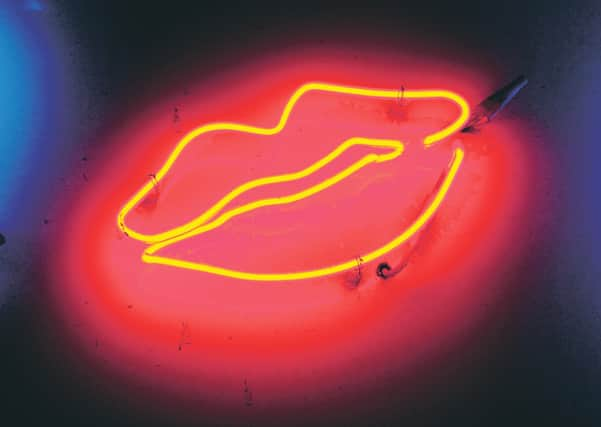Kat Banyard: Chance to stop thwarted sex buyers returning to ‘exploitation as usual’


Right now leading prostitution advertising websites display “stay at home” notices, with sex buyers discussing the pause to their exploits in online forums: “Abstaining like most at present”, “Wonder what state the saunas will be in, when they eventually open, as some were 90 percent Eastern European surely they will be long gone”, “Stay in stay safe lads”.
Sex buyers’ ruminations over when they can restart brothel visits don’t just underscore the obvious fact that paying for sex is an active choice to abuse, not an uncontrollable “need” being met. They highlight the critical urgency of action from Nicola Sturgeon’s government to stop sex buyers fuelling a sexual exploitation crisis that has for too long been tolerated.
Advertisement
Hide AdAdvertisement
Hide AdJust 4 per cent of Scottish men have paid for sex in the past five years, according to the latest research. Yet it is their actions – recognised by the Scottish Government as violence against women – that continue to drive the “supply” of vulnerable women and girls to be abused in the brothels, hotel rooms and streets of Scotland. Organised crime groups traffic women into and around Scotland precisely and solely because they anticipate sufficient demand from sex buyers to make it financially profitable. And, though interrupted by government lockdown restrictions, sex buyers have been free to fund and perpetrate this sexual exploitation without the risk of legal sanction. That has to end. There can be no return to “exploitation as usual”.
The absolute imperative to curb demand in order to prevent commercial sexual exploitation is why countries including Sweden, France, Ireland, Northern Ireland, and Norway have all criminalised paying for sex. Alongside this measure, these nations have also decriminalised selling sex, offering victims support and exiting services, while holding third-party exploiters to account. This “demand reduction” approach has been shown to effectively reduce demand, change public attitudes and deter traffickers. Support services, survivors, and women’s organisations have long called for it in Scotland.
For Mia de Faoite, a survivor of prostitution, it is obvious why criminalising paying for sex is such a powerful and indispensable tool in combatting demand. “Why this law works,” she says, “is because it puts [sex buyers] at risk of bringing what they do in the dark into who they are in the day. That’s a risk that I know – and I know these people very well, I spent six years in their company – that they are not prepared to take.”
The SNP has backed the introduction of demand reduction legislation, while the Scottish Government Minister for Community Safety, Ash Denham MSP, has steadfastly championed action to tackle commercial sexual exploitation. Last year the minister announced a consultation on challenging demand - continuing to show what feminist policy making looks like.
But the need for change is here and it is now. Because the brutal, honest question remains: how many sex trafficking victims are to be raped by sex buyers before the law finally cracks down on demand in Scotland? How many vulnerable women have to be exploited by men with money before the state removes sex buyers’ entitlement to abuse?
As Diane Martin CBE, a survivor of prostitution who now works to end sexual exploitation, says: “It is not progressive to accept women as commodities, sold to men who buy consent and abuse their power. Let’s criminalise the demand that creates the abuse and say that in Scotland, nobody is for sale.”
Kat Banyard is the author of Pimp State: Sex, Money and the Future of Equality